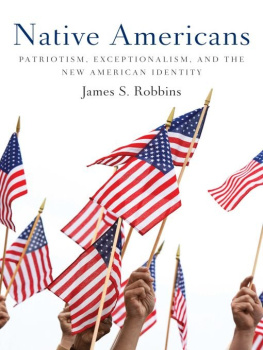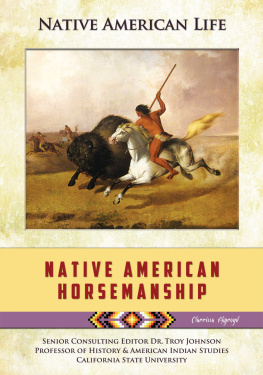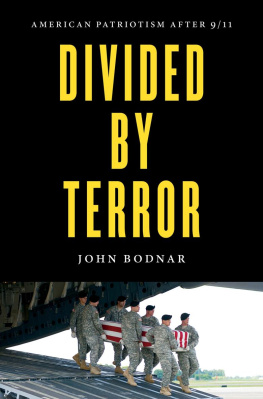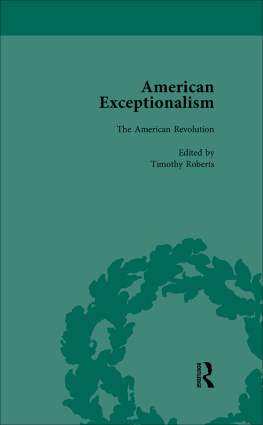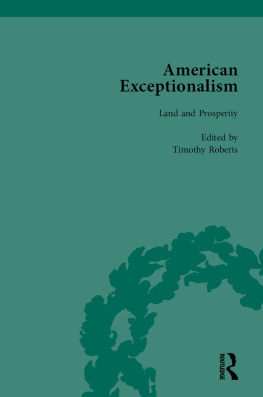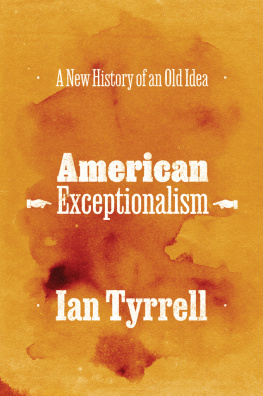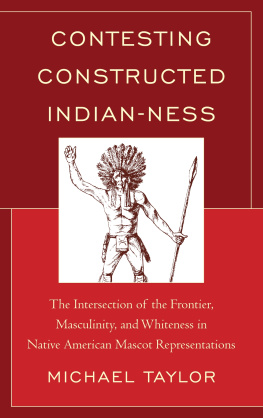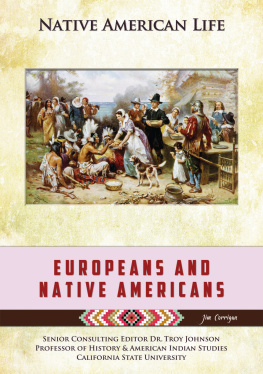one
INTRODUCTION: THE WAR ON AMERICANS
Are you a native American? I am. I was born here, raised here, and seldom go abroad. I am indigenous to the North American continent, as is my culture. So I have as much right to the title American as anyone else of similar circumstances. Of course, I am not what the United States government defines as a Native American; by that I mean I am not descended from the peoples who populated this continent thousands of years before I showed up. My tribe came much later, not that it matters. I have a right to live here, and the Native Americans have a right to live here, too. We have the same rightsno more, no less.
I dont consider myself a hyphenated American: not a European-American, White-American, Anglo-American, Irish-American, or any other subspecies of American, except maybe suburban-American. The U.S. government describes me as white non-Hispanic, along with two-thirds of the population. It is a strange non-hyphenated identity, like non-dairy creamerwe know what it isnt, but what exactly is it? But as an American I am free to reject my government classification. My Americanism needs no prefix or suffix.
I am an American by birth, culture, and temperament, but these days what does being an American mean? It does not mean being a citizen of the United States, which is to say it is not a narrow legal definition. People are Americans first, and citizens second. Americans lived on these lands long before there was a country called the United States. People lived here in freedom long before there was a U.S. Constitution and Bill of Rights. The United States is a country; Americans are a people. There are those who are not U.S. citizens who by every meaningful measure could claim the title American. And there are those who have all the benefits of U.S. citizenship who bitterly denounce America and all it stands for.
Opinions differ in the United States over what is means to be part of the American experiment. Some say American with pride, others with a sense of guilt or self-consciousness. A few wont say it at all. There are citizens of the United States today who are anything but Americans, a fair portion of whom are embarrassed for and ashamed of their fellow citizens. They feel the need to apologize when referred to as American. They can never say anything positive about their country without immediately saying but.
American identity is fighting a two-front war, against globalists seeking to dilute it, and multiculturalists trying to carve it up. Globalists believe the American nation is fading and becoming increasingly irrelevant. In the globalist view, ethnic and national divisions are quicklyand fortunatelywithering away. Technology has made the world increasingly fluid; global trade, transportation, travel, and communications are more rapid and less expensive than ever. Countries are but lines on a map with no inherent meaning. They are the collections of rule sets competing in the global marketplace, not always fairly, but tending toward a semi-capitalistic ideal. Globalization is a market-driven mechanism, powered by individual needs and desires, in which states can either lead, follow, or get out of the way. In its mature form the globalist view constitutes its own internationalist culture of peace, prosperity, and tolerance. The more connected the world becomes, the more it approaches this happy and conflict-free state. National distinctions are meaningless, and to the extent people irrationally cling to them, they slow down the inevitable homogenization of the planet. To globalists, national culture is a marketing gimmick; in their ideal world it would persist chiefly on restaurant menus.
In the globalist world, affinity communities grow through transnational connections based on some category of interestpolitics, sports, faith, art, hobbies, or sexuality. These connections can become more important to people than real life relationships such as family, neighborhood, or community. Connecting is the answer to social alienation, the antidote to the lonely crowd. The connected world promises self-actualization for all through a combination of growing economies and vibrant social networks. People get what they want, and no one sits in judgment.
In some respects this is a very American outlook. It was invented here and exported from here. Globalization is the Americanizing of the world. It breaks boundaries, awakens aspirations, appeals to the instinct for human freedom. It opens markets and liberates minds. And like any revolutionary force, it disrupts societies, threatens traditions, and alarms the status quo. Those who are most jeopardized by the spread of the American ideal are also most conscious of its true nature. When Osama bin Laden sought to explain why al Qaeda was making war on the United States in his November 2002 Letter to the American People, he wrote, I regret to inform you that you are the worst civilization in the history of man. His litany of complaintsagainst democracy, capitalism, womens rights, freedom of expression, and separation of church and statewere all aimed at quintessential American values. The foundational ideals that Americans take for granted and feel are unquestionable are in fact despised by large segments of the worlds population. Critics mocked President George W. Bush for saying that the Islamist terrorists hate our freedoms, but that is exactly what bin Laden was saying.
While globalists water down the idea of America even as they bring it to the world, multiculturalists have been chopping it up. In their view American has no necessary or legitimate meaning outside of a strictly legal definition. Multiculturalists emphasize subnational identities, which they believe are the only ones that are true and meaningful. To them American is defined by otherness, by being part of something apart from the whole, ex uno plures.
For multiculturalists there is no unifying American culture, and American is not an ethnic group. They define people within groups and cultures that are present in the United States but are not to be thought of primarily, if at all, as American. The oppositional posture of multiculturalism is expressed in politics by exalting the victimhood of the various groups they have identified. They must, by definition, be apart from America, outside of it, and morally superior to it, in order to press claims against it. And anyone who is not identified with a victim group is necessarily part of the oppressor class, guilty from birth and obligated to pay an outstanding debt forever.
In the multiculturalist critique, America is a nightmare culture and the U.S. Constitution is its original sin. It is the land of slavery, Jim Crow, segregation, and racism. It is a country of bigotry and religious persecution. It is a product of the worst excesses of uncaring capitalism, with rampant economic inequality, poverty, and trampled opportunity. It is the country of economic imperialism, of Wall Street and corporate greed. It is a country built on exploitation and subjugation. It is the global hegemon, imperialistic and warlike; engaging in conflict, assassination, covert operations, torture, and coups; ready to terminate any who stand in its path. It is the country of the Red Scare, Japanese internment camps, McCarthyism, My Lai, Watergate, Abu Ghraib, and Guantanamo Bay. Those who dissent from the status quo are harassed by the authorities, their speech chilled, their right to assemble denied, their freedoms sacrificed. Any new outrage becomes a self-evident moral indictment of the system and a new debt owed to the oppressed people. Their hatred of America is boundless.



